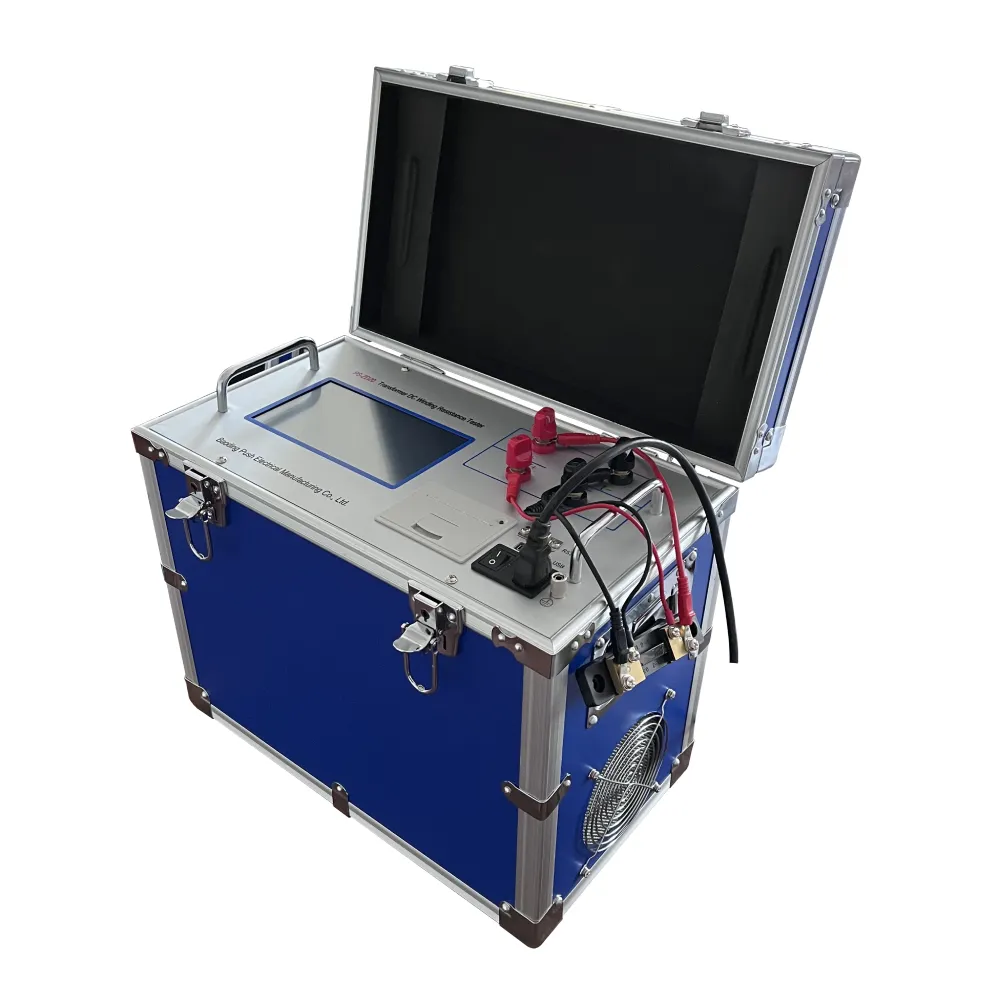 English
English


Essential Equipment and Supplies for Efficient Distillation Processes in Various Industries
Understanding Distilling Equipment and Supplies
Distilling is an age-old practice that has evolved significantly over the centuries, transitioning from rudimentary techniques to sophisticated equipment. Whether for producing spirits, essential oils, or purifying water, distillation requires a combination of specialized equipment and quality supplies.
Types of Distilling Equipment
At the heart of any distillation process is the still. There are various types of stills, each serving specific purposes. The most common types include pot stills and column stills.
Pot Still This traditional type is often used for small-batch distillation. It consists of a boiler that holds the fermented liquid and a condenser that cools vapor into liquid form. Pot stills are favored for their ability to produce rich, flavorful distillates, making them a popular choice for whiskey and rum production.
Column Still Also known as a continuous still, this design allows for larger volumes of distillation. It operates on a continuous basis, which means it can produce high-proof spirits more efficiently. Column stills are common in large-scale operations where production volume is essential.
Essential Components
In addition to the still itself, various components play key roles in the distillation process. These include
1. Heat Source This can range from electric heating elements to gas burners. The choice of heat source can affect the consistency of the distillation process. 2. Fermentation Vessel Before distillation, the raw materials must go through fermentation. This vessel can be made from different materials, including stainless steel, glass, or plastic, and is crucial for converting sugars into alcohol.
3. Condensers These are essential for cooling the vapor produced during distillation. They can be designed in myriad ways, including shell-and-tube or Liebig condensers, each with its pros and cons in terms of efficiency and ease of use.
distilling equipment and supplies

4. Thermometers and Hydrometers These tools are indispensable for monitoring temperatures and alcohol content during the process. Precise measurements ensure quality control and help distillers achieve the desired flavor profile.
Supplies for Distillation
Distinct from the equipment is the assortment of supplies needed to carry out the distillation process efficiently. Important supplies include
- Raw Materials The choice of grains, fruits, or botanicals is crucial. Each ingredient imparts unique flavors and characteristics to the final product. - Yeast Different strains of yeast can affect fermentation speed and the flavor of the resulting distillate. Selecting the right yeast strain is essential for achieving the desired outcome.
- Cleaning Supplies Maintaining cleanliness is pivotal in distillation. Proper sanitization of all equipment between batches prevents contamination and ensures the purity of the final spirit.
Safety Aspects
It's important to note that distillation can pose safety risks. The process generates flammable vapors, and proper ventilation is crucial to prevent accidents. Distillers should always adhere to safety protocols and local regulations regarding distillation, especially when producing spirits for consumption.
Conclusion
Investing in the right distilling equipment and supplies can significantly enhance the quality of the final product. Understanding the specific needs of different distillation processes enables both amateur and professional distillers to produce exceptional spirits, oils, or purified water. With advances in technology and an increased interest in DIY distilling, the range of equipment and supplies available today is vast, providing opportunities for creativity and innovation in this timeless craft. Whether you're a hobbyist or a commercial distiller, quality equipment and supplies are pivotal in your distillation journey.
-
Differences between open cup flash point tester and closed cup flash point testerNewsOct.31,2024
-
The Reliable Load Tap ChangerNewsOct.23,2024
-
The Essential Guide to Hipot TestersNewsOct.23,2024
-
The Digital Insulation TesterNewsOct.23,2024
-
The Best Earth Loop Impedance Tester for SaleNewsOct.23,2024
-
Tan Delta Tester--The Essential Tool for Electrical Insulation TestingNewsOct.23,2024





